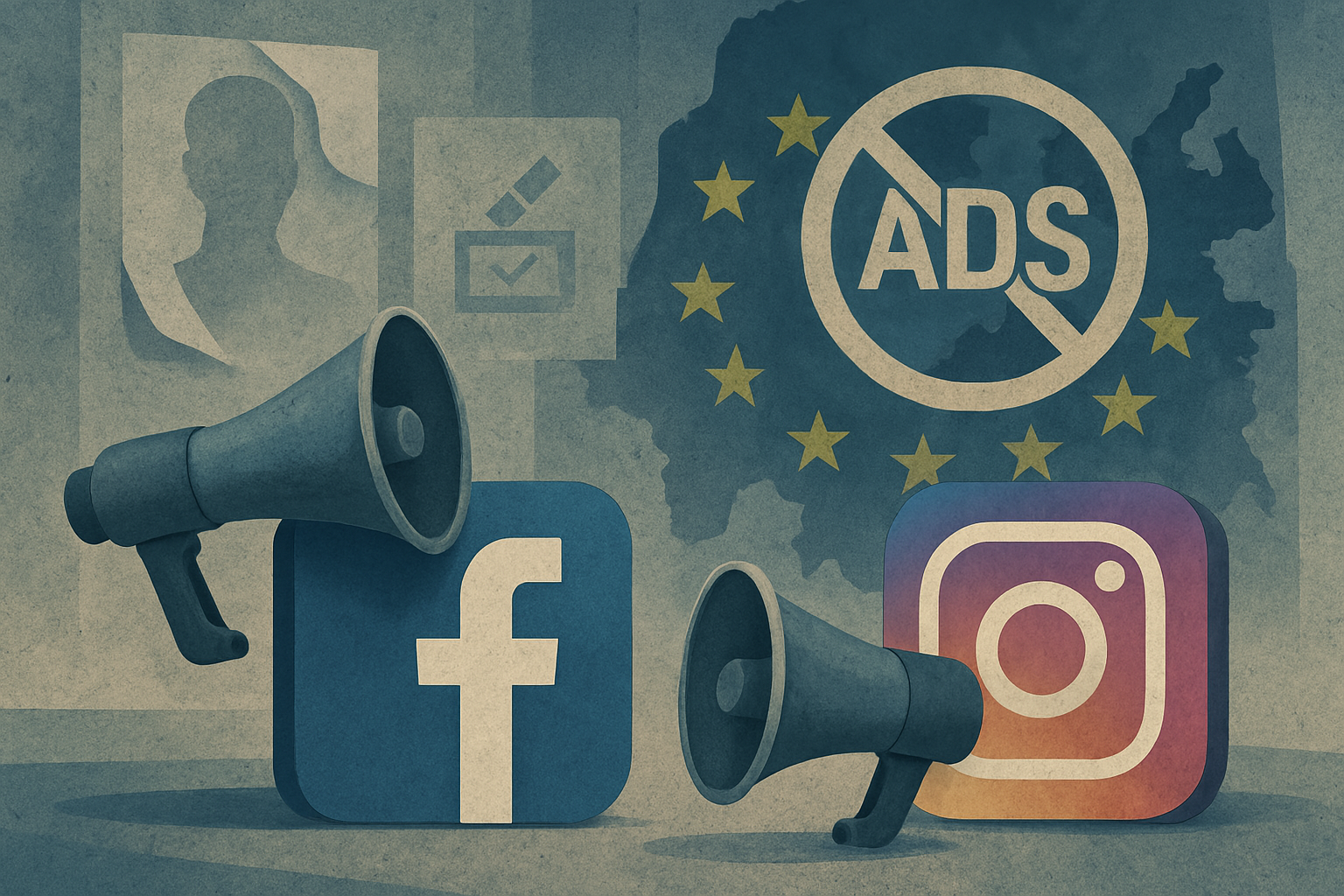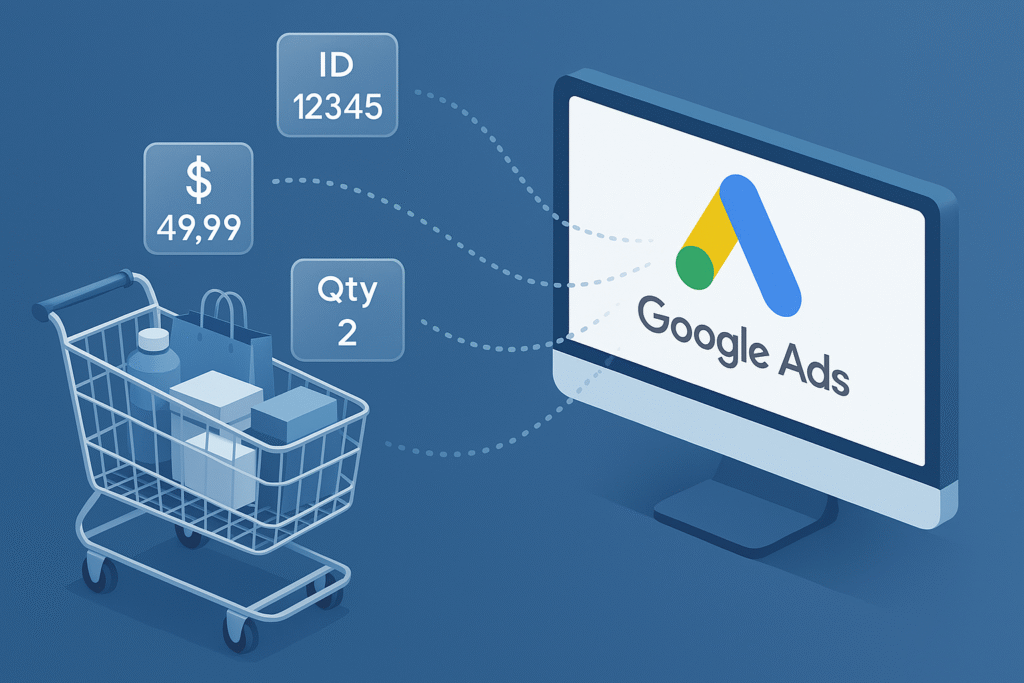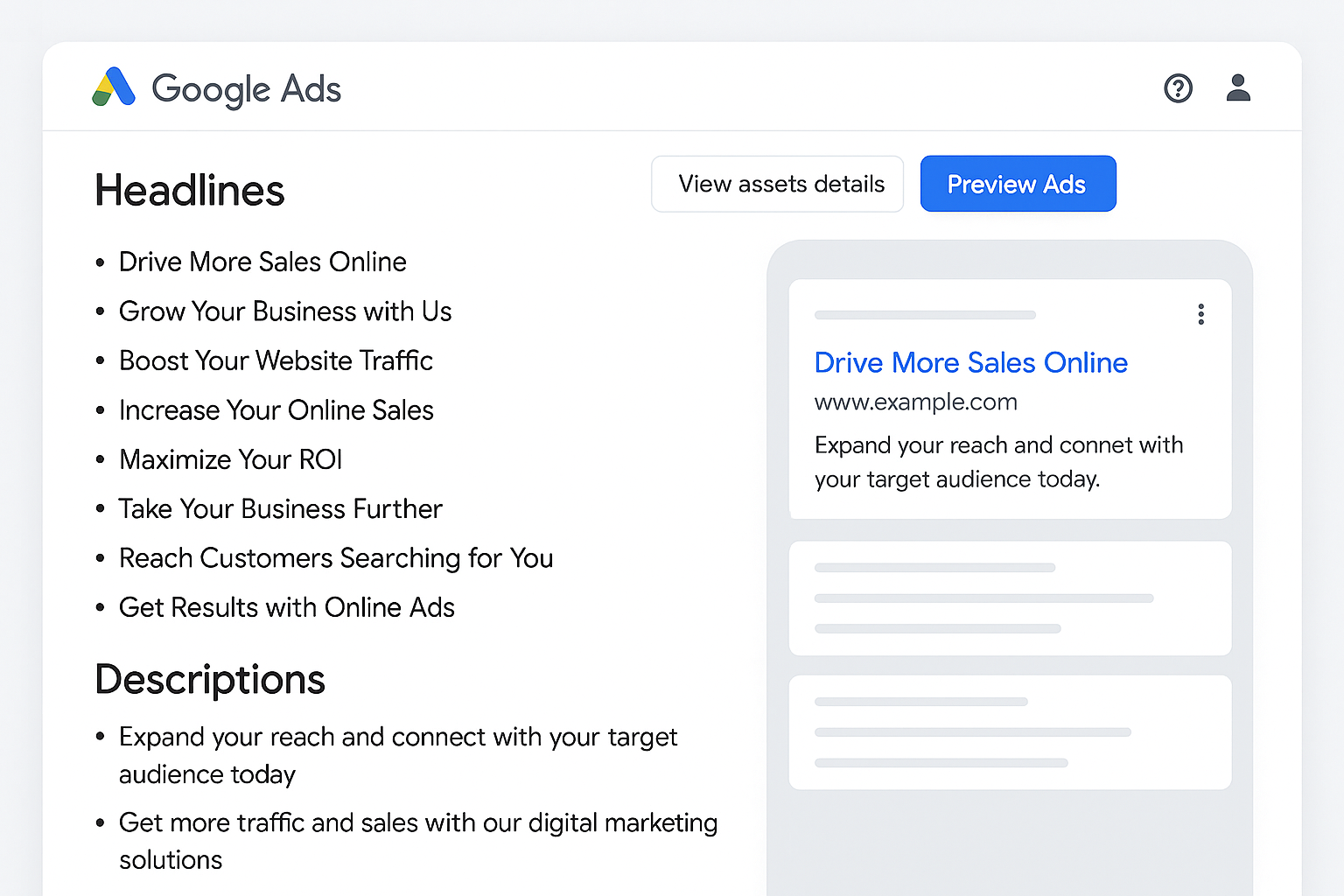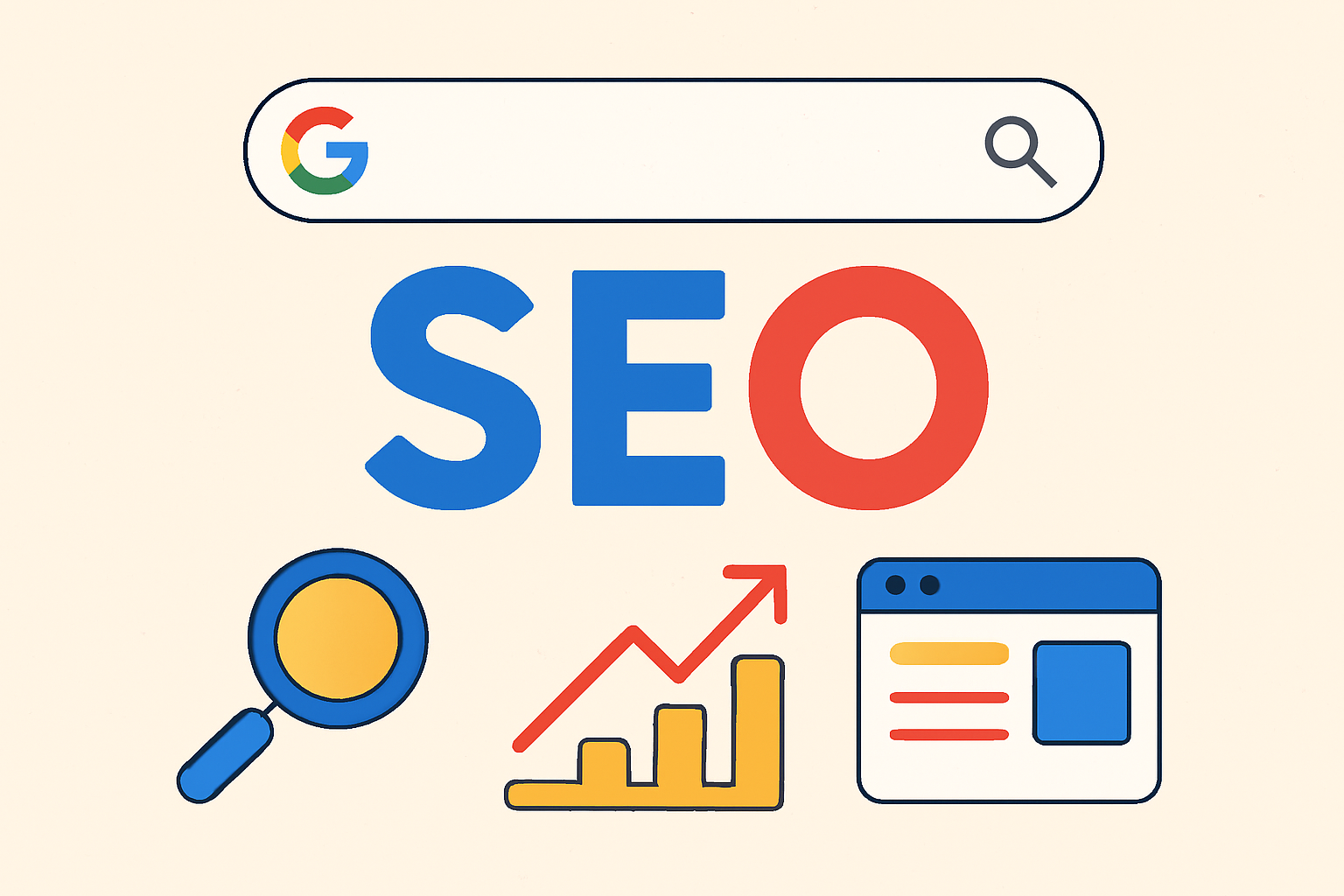Personalized Insight into the Big Tech Shake-Up in Europe
Meta Platforms Inc., the parent company of Facebook, Instagram, and WhatsApp, has just made a huge announcement that might not make headlines at your dinner table, but it could impact how you see the news, talk politics online, and even invest your money.
Starting this October “Meta to Ban Political Ads in EU:, Meta will no longer allow any political, electoral, or social issue ads across its platforms for users in the European Union (EU). Whether you’re a casual Facebook user or someone who works in digital marketing, this move is a big deal.
Still relying on the same plan from two years ago? It’s time for a digital refresh. Discover how to evaluate and upgrade your digital strategy before it starts costing you growth.
So why is Meta doing this? According to them, the rules coming from the EU are just too complicated and unclear to follow. The company says the new law, called the Transparency and Targeting of Political Advertising regulation (TTPA), makes it extremely hard for platforms like Facebook to run political ads without risking legal trouble. CEO Mark Zuckerberg didn’t mince words. He called the whole thing “censorship.”
What’s the “Meta to Ban Political Ads in EU” Law About?
To understand Meta’s reaction, we need to look at the reason behind these regulations. After the 2018 Cambridge Analytica scandal, where personal data from Facebook was used to manipulate political opinions, the EU began taking online political ads much more seriously.
The goal of the new law is simple: make political ads more transparent. The law demands that platforms clearly show who paid for an ad, where it’s being shown, and who it’s targeting.
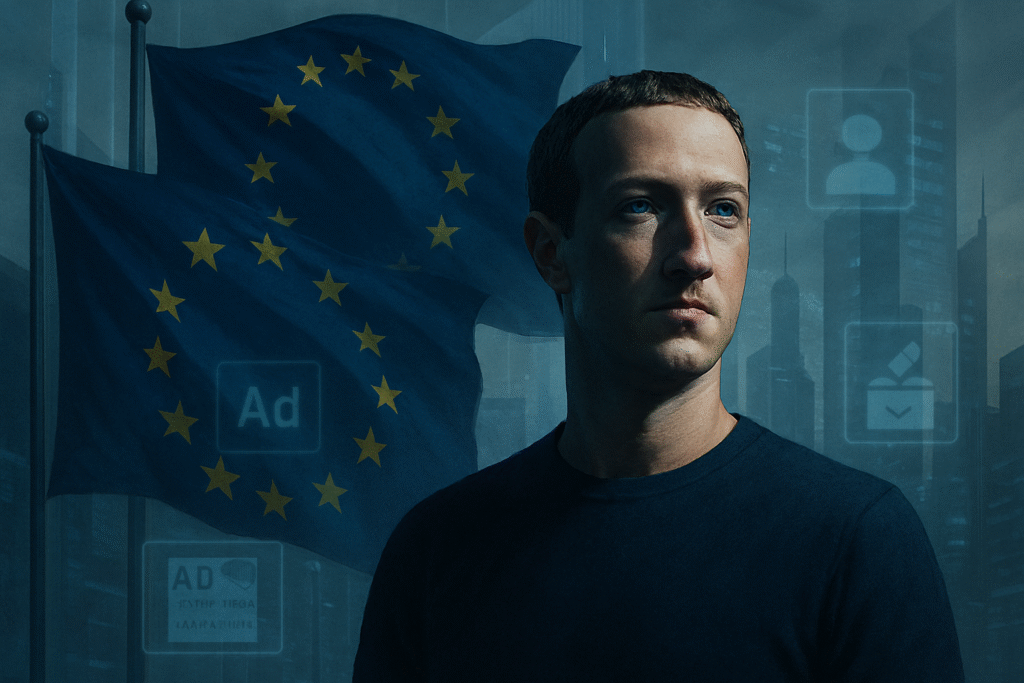
Safety isn’t just a feature, it’s a responsibility. See how Instagram’s new safety update protects creators and brands in today’s fast-moving digital space.
On paper, that sounds fair. But in practice, Meta says the rules are “unworkable.” They claim it’s nearly impossible to meet these requirements without building entirely new systems just for the EU. Rather than risk getting fined or even banned, Meta has decided to walk away from political ads altogether in the region.
What’s Changing on Facebook, Instagram, and WhatsApp?
Let’s break this down in simple terms. If you live in the EU, from October 2025 onwards:
- You won’t see any paid ads about politics or social issues on Facebook, Instagram, or WhatsApp.
- You can still post your political opinions, follow parties, share news articles, or debate in the comments. But no political group will be able to pay to boost their message to a wider audience.
- Election campaigns will now rely more heavily on grassroots sharing and traditional media, since they’ll lose access to one of their most powerful digital tools.
This ban is not just limited to European elections, it covers all political, electoral, and social issue ads, even local or issue-based ones. So if someone wants to run an ad supporting environmental policy or human rights, that’s also off-limits.
Why Should You Care?
If you’re just using social media to scroll through funny videos or keep in touch with friends, this might not seem important. But political ads, whether you love them or hate them, do play a big role in shaping public opinion. By removing them, Meta is essentially stepping out of the political conversation in Europe.
For marketers, campaigners, and even small organizations that rely on social issue ads to raise awareness, this is a major shift. They’ll now have to find new ways to reach their audience, possibly through influencers, email marketing, or physical events.
Investors are also watching closely. If you have shares in Meta or other tech companies, this might affect earnings. Political advertising is a small part of Meta’s global revenue, but in Europe, it’s still millions of dollars each election cycle. Losing that income, and facing increased regulation, could slow Meta’s growth in the region.
Not Just Meta , Google Follows Too
Meta isn’t alone. Google has also announced that it will stop showing political ads in the EU starting October. That means platforms like YouTube, Google Search, and Display Ads will also become political ad-free zones. Both companies seem to be sending a message: if the rules are too complex, they’d rather opt out entirely than try to comply.
This may set a precedent for other tech companies. If EU regulators don’t make changes or clarify the law, more platforms could take similar steps. It’s a classic stand-off: the government wants more control, and the tech companies are pushing back.
Meta’s Bigger Problems in Europe
This ad ban isn’t the only challenge Meta is facing in the EU. Earlier in July, Meta was battling a tax case in Italy that could change how all digital services are taxed across Europe. And WhatsApp, another Meta product, was recently warned it might be forced to leave the Russian market due to national security concerns. It’s clear that Meta’s global presence is being tested, especially in markets where regulations are tightening.
So this isn’t just about political ads, it’s about how far governments will go to control what tech platforms can and can’t do. It also raises questions about free speech, corporate power, and how democracy plays out online.
Running ads on autopilot? You might be missing out. Understand Meta’s new value rules to boost your ROI and stay compliant in 2025.
What Happens Next?
Only time will tell whether Meta’s ad ban will be permanent or just a temporary protest. The EU may offer more clarification or even update the regulation if enough backlash follows. On the other hand, other companies might follow Meta and Google’s lead and remove political ads too, making online campaigning much harder in the future.
For now, if you’re in the EU and planning to run a political campaign, support a cause, or even work in advertising, you’ll need to rethink your strategy. Organic reach, email campaigns, and face-to-face interaction may suddenly matter more than ever.
And if you’re just a regular user, prepare for a different kind of online experience, one with fewer political ads but potentially more grassroots political content, shared by users themselves.
Final Thoughts
Meta to Ban Political Ads in EU is more than just a company policy change, it’s a reflection of how complicated the relationship between tech and government has become. Whether you see it as a bold stand against regulation or a step back from responsibility, one thing’s for sure: this will change how politics shows up in your feed.Think your inbox is safe? Here’s what Instagram’s new DM warnings mean for you, and why staying informed is key to digital well-being.

